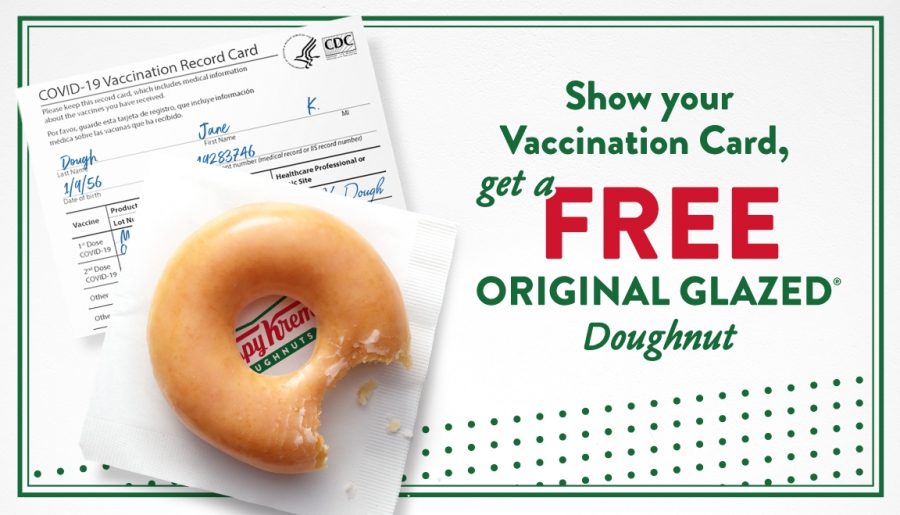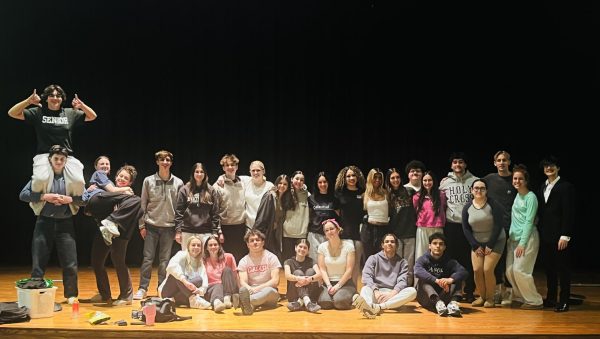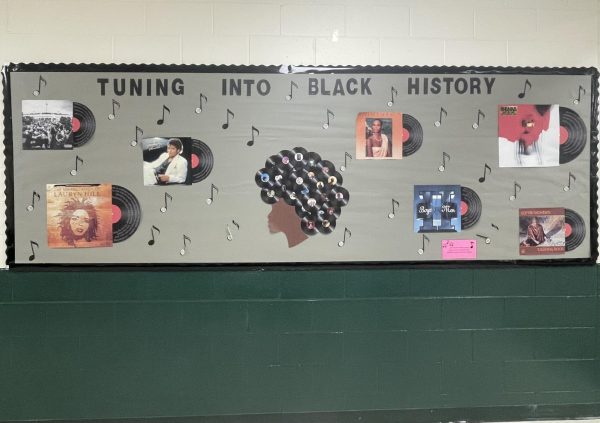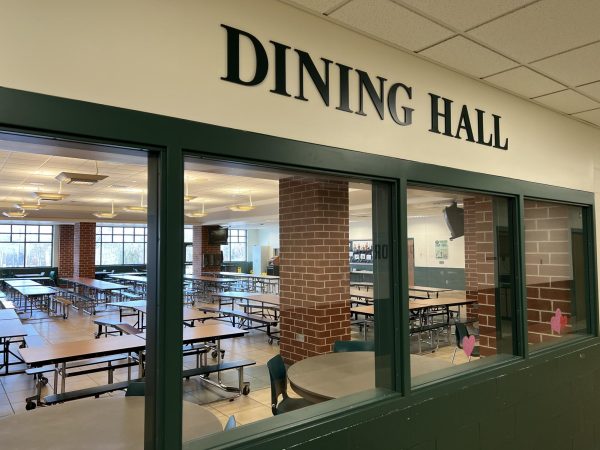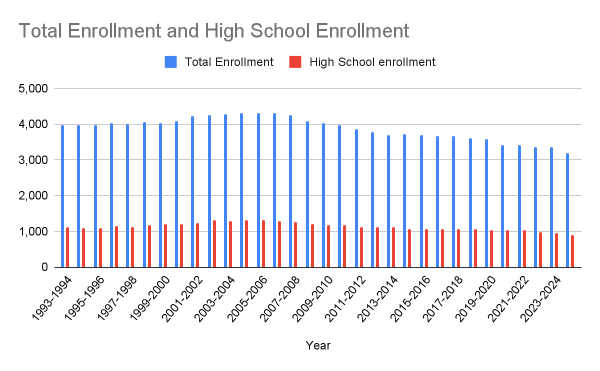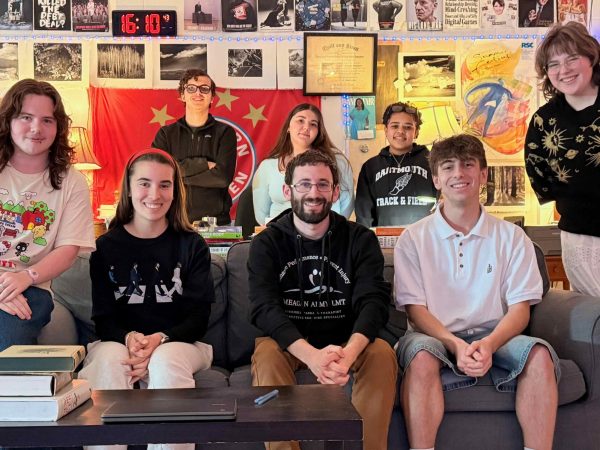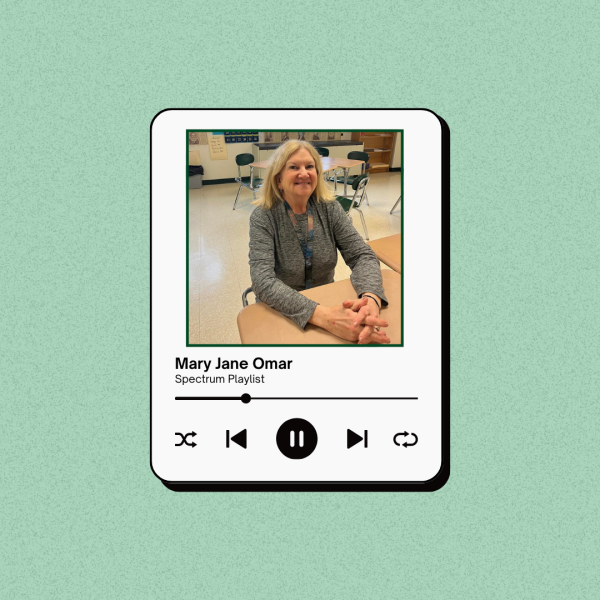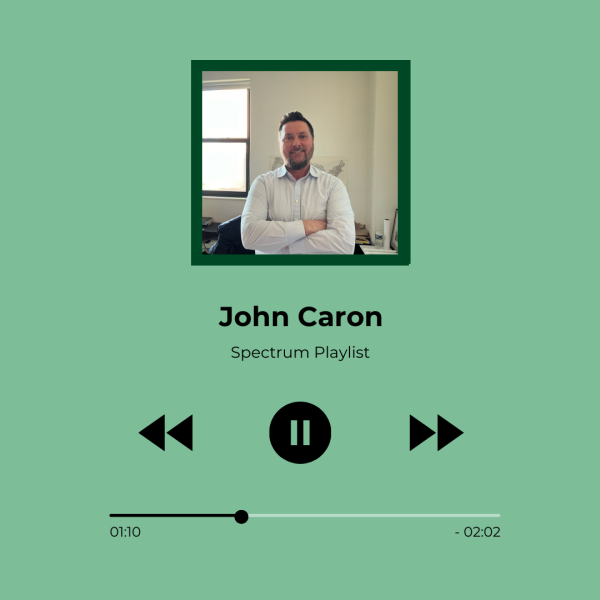Part 5: Return to Full School at DHS?
The Vaccines
Krispy Kreme is offering free doughnuts to anyone who shows a COVID-19 vaccination card.
As vaccines for the coronavirus become available to people around the world, information regarding the vaccine and its future effect on the lives of people is a major topic. According to the Centers for Disease Control and Prevention (CDC) there are currently three approved coronavirus vaccines recommended to take in the United States. The Pfizer-BioNTech and Moderna vaccines are two shots – 21 days apart for Pfizer-BioNTech and 28 days apart for Moderna. There is also the Johnson & Johnson vaccine which is only one shot. Both the Moderna and Johnson & Johnson vaccine are geared towards anyone 18 years or older. However, the Pfizer-BioNTech vaccine is available to anyone 16 years or older. All three vaccines are proven to reduce the risk of being infected by the coronavirus.
According to the New York Times, the CDC asked states on Tuesday to “suspend use of the Johnson & Johnson coronavirus vaccine until they could investigate six extremely rare but troubling cases of blood clots,” which had appeared in six women. This increased worries that vaccine resistance could increase as a result.
Marine and Environmental Science teacher Matthew Tweedie noted that not only will these vaccines help to get the pandemic under control, “but the science and technology behind their development have exciting implications for the future of vaccines and other medical treatments.”
The Pfizer and Moderna vaccines utilize technology that, according to NBC News, “use messenger RNA, or mRNA, to trigger the immune system to produce protective antibodies without using actual bits of the virus.”
Scientists have conducted multiple trials to assure the vaccine is safe. Mr. Tweedie who has taken both doses of the Pfizer vaccine trusts that “these vaccines, like all vaccines, are life saving. They allow us to protect ourselves and those that we love.”
Senior John Carnes said, “I feel much safer now that I’ve had the COVID vaccine.” Carnes not only wished to protect himself with the vaccine but mainly wanted to protect his family. “It’s not talked about enough how many lives have been lost to COVID,” he said. “I think it’s important to really humanize all 500,000+ American lives that are no longer with us.” He wishes that, as a global community, more and more people will join together and become vaccinated.
People who have medical issues or allergies can not receive many different types of vaccines, including the coronavirus vaccine. However, those who have the ability to get vaccinated are encouraged.
With these thoughts in mind, there are still some questions about what the long-term efficacy will be for the vaccines. The CDC noted that experts are conducting more and more studies to ensure that the vaccine will be the safest method of protection. “There will still be people that get COVID-19 after getting the vaccine. However, studies have shown that vaccinated people that are infected are not being hospitalized or dying from severe COVID-19 symptoms,” said Mr. Tweedie.
Vaccines are becoming available to more eligible people each day. Mr. Tweedie said, “It’s time for us to do our part and take the pressure off of our healthcare system, which has been the goal since the beginning of the pandemic. So please, get vaccinated if you are healthy enough.”
If you are interested in learning more about the coronavirus vaccine, the CDC website is filled with facts and statistics regarding the possible side effects, vaccine availability, and key things to know to put an end to this pandemic.

